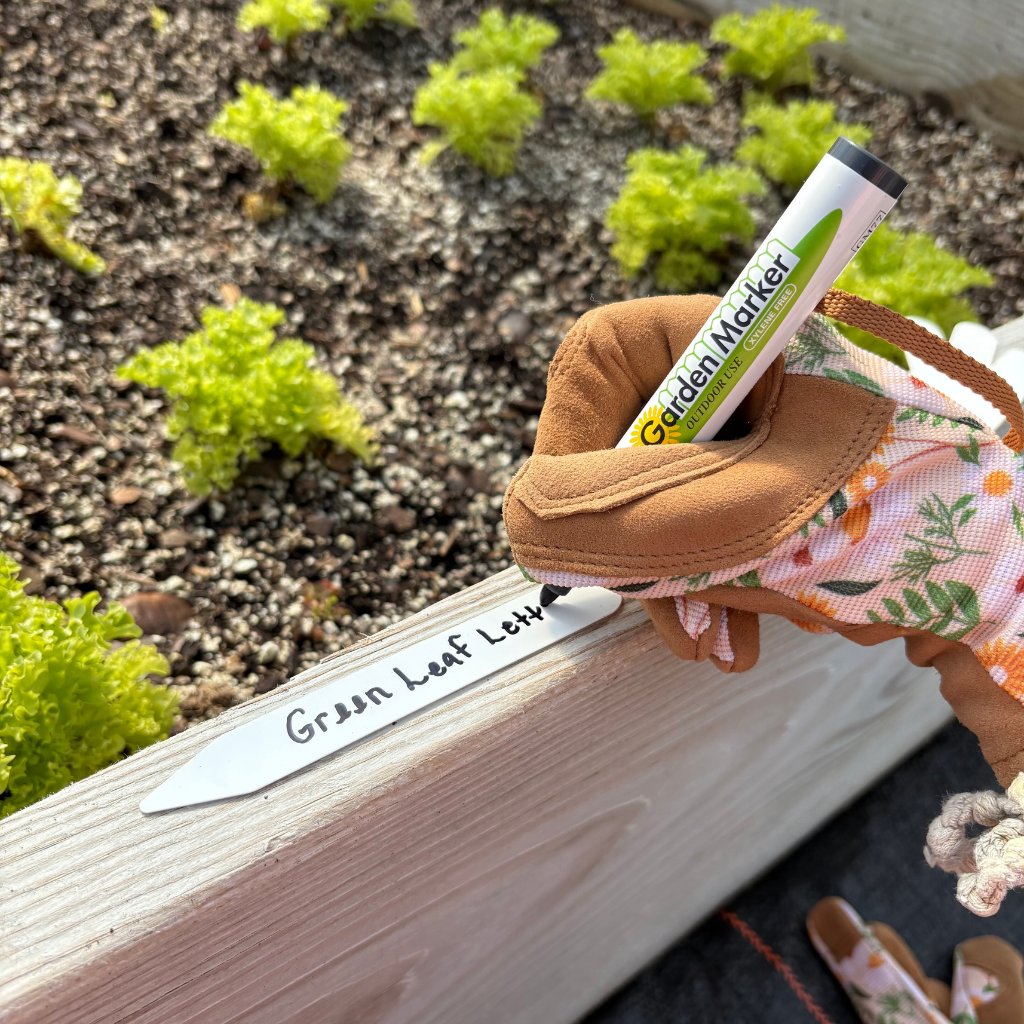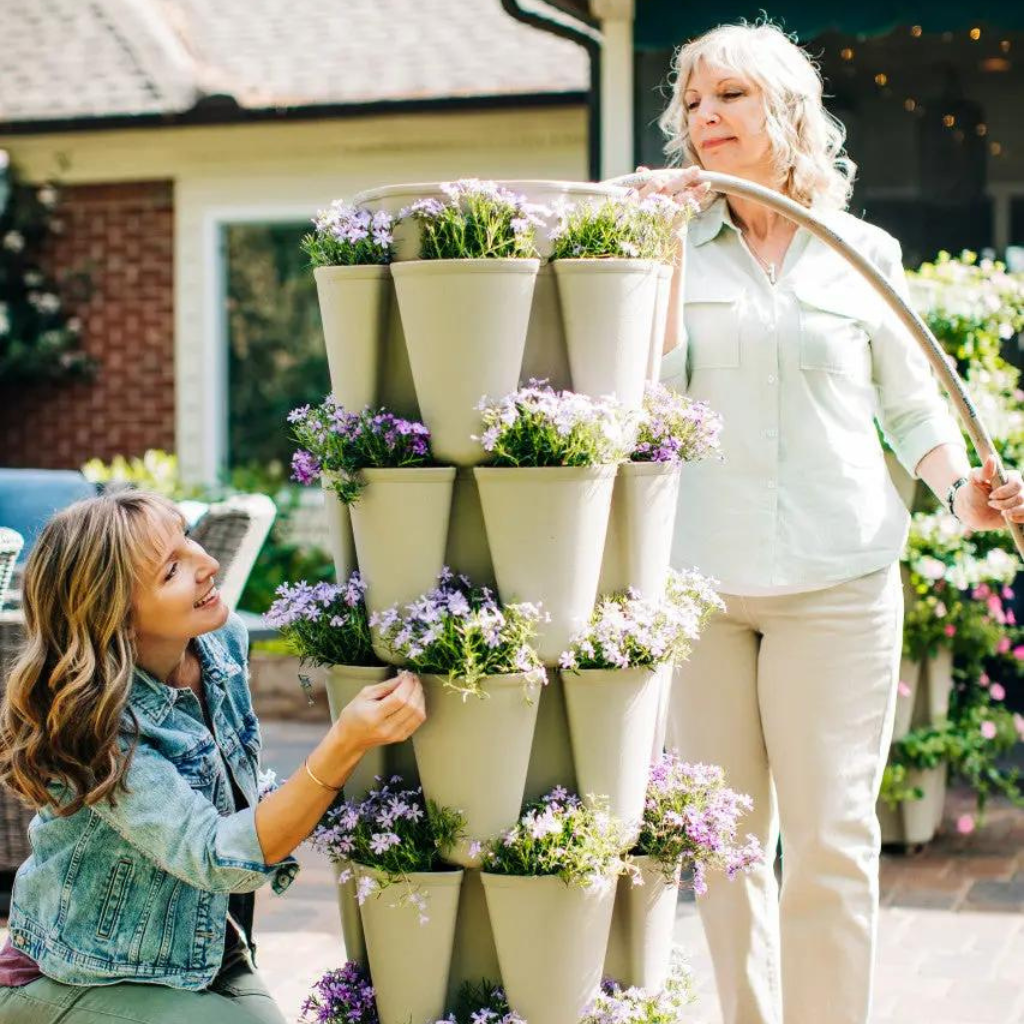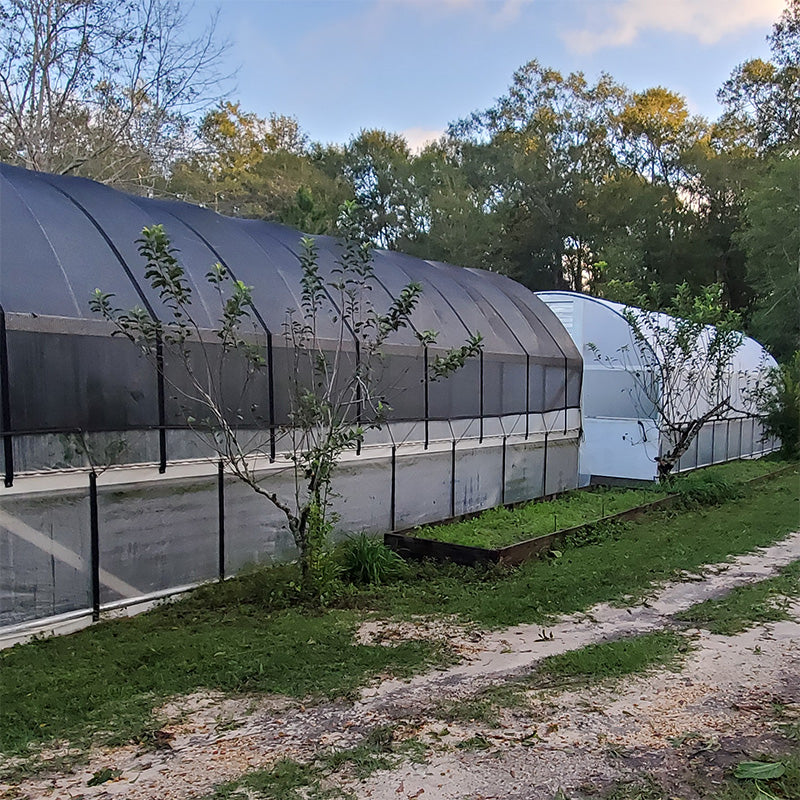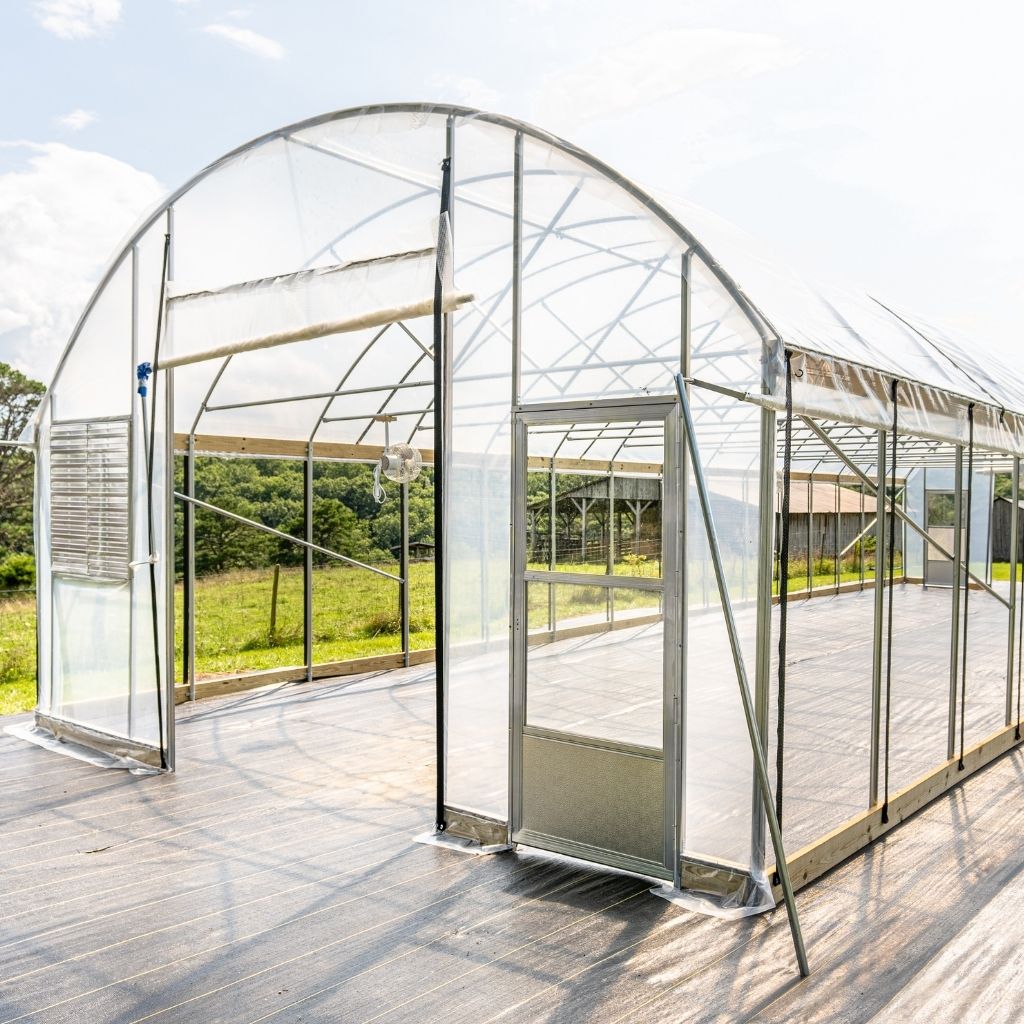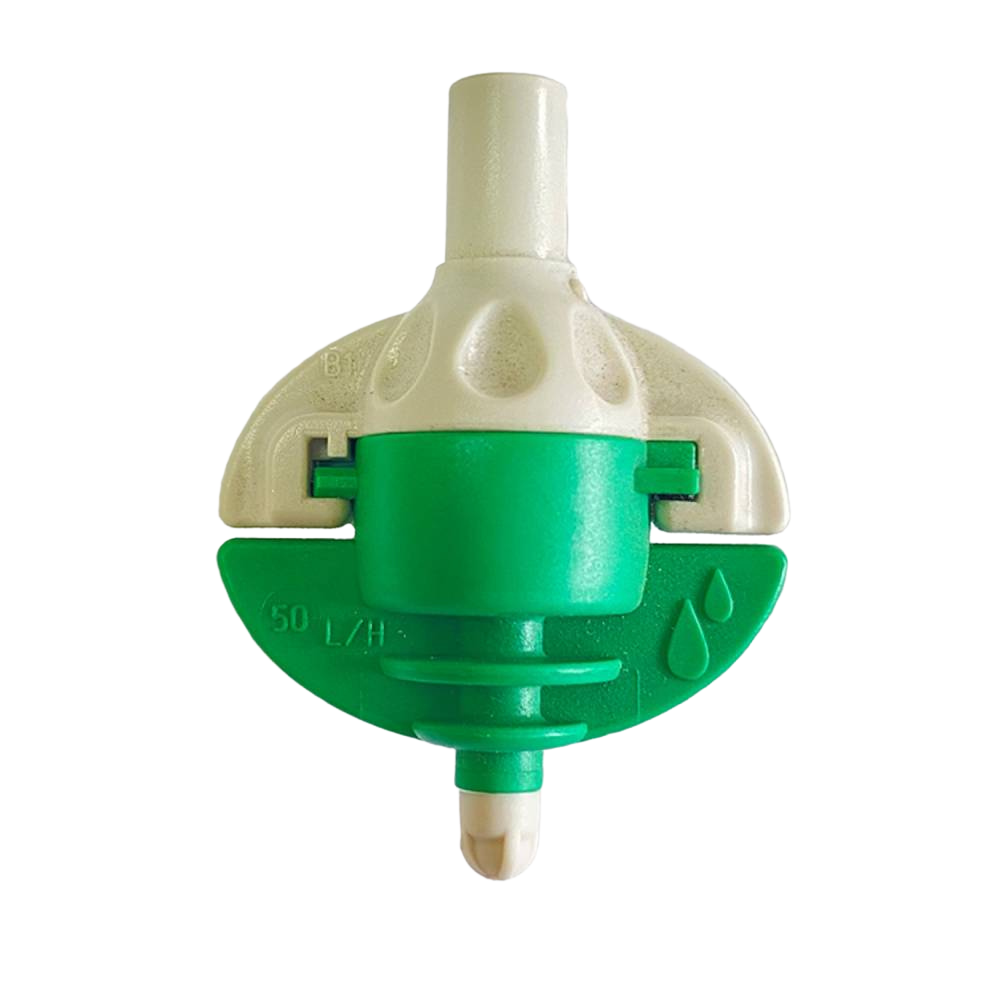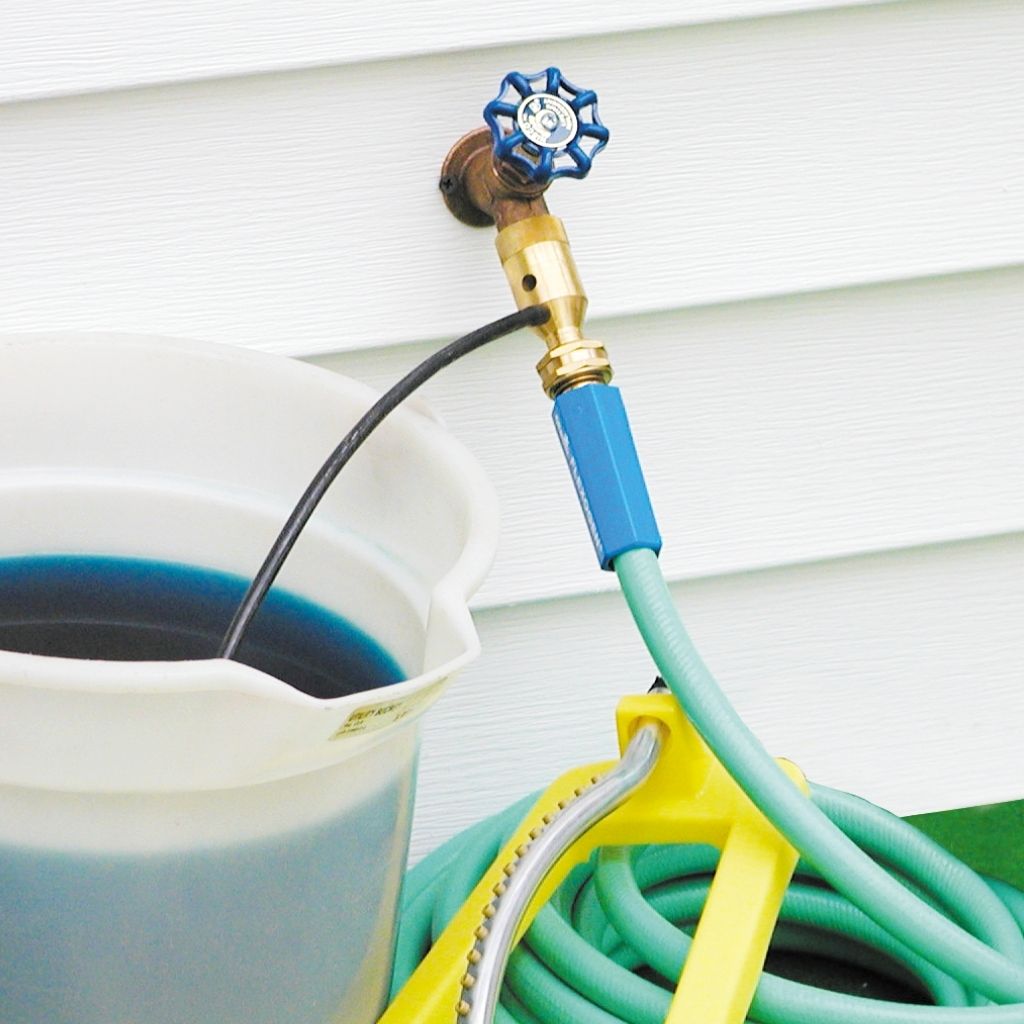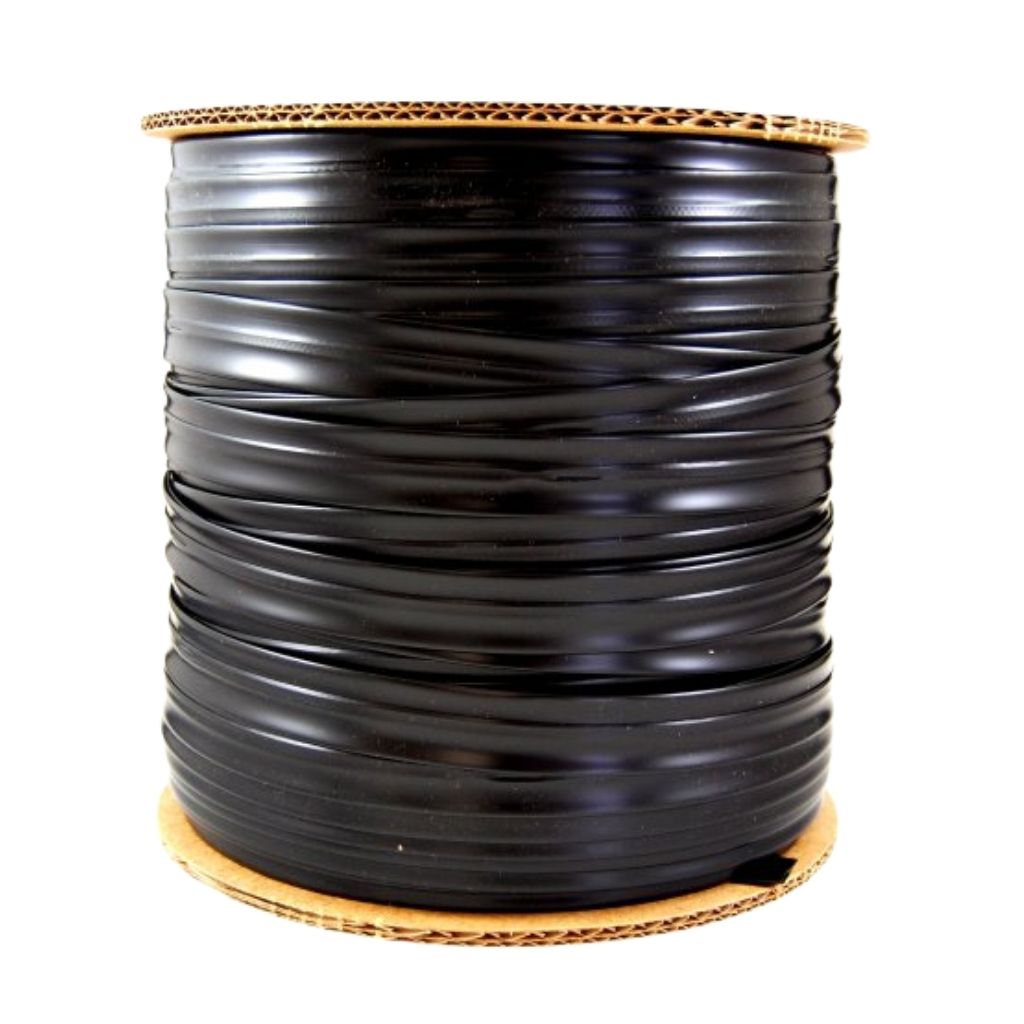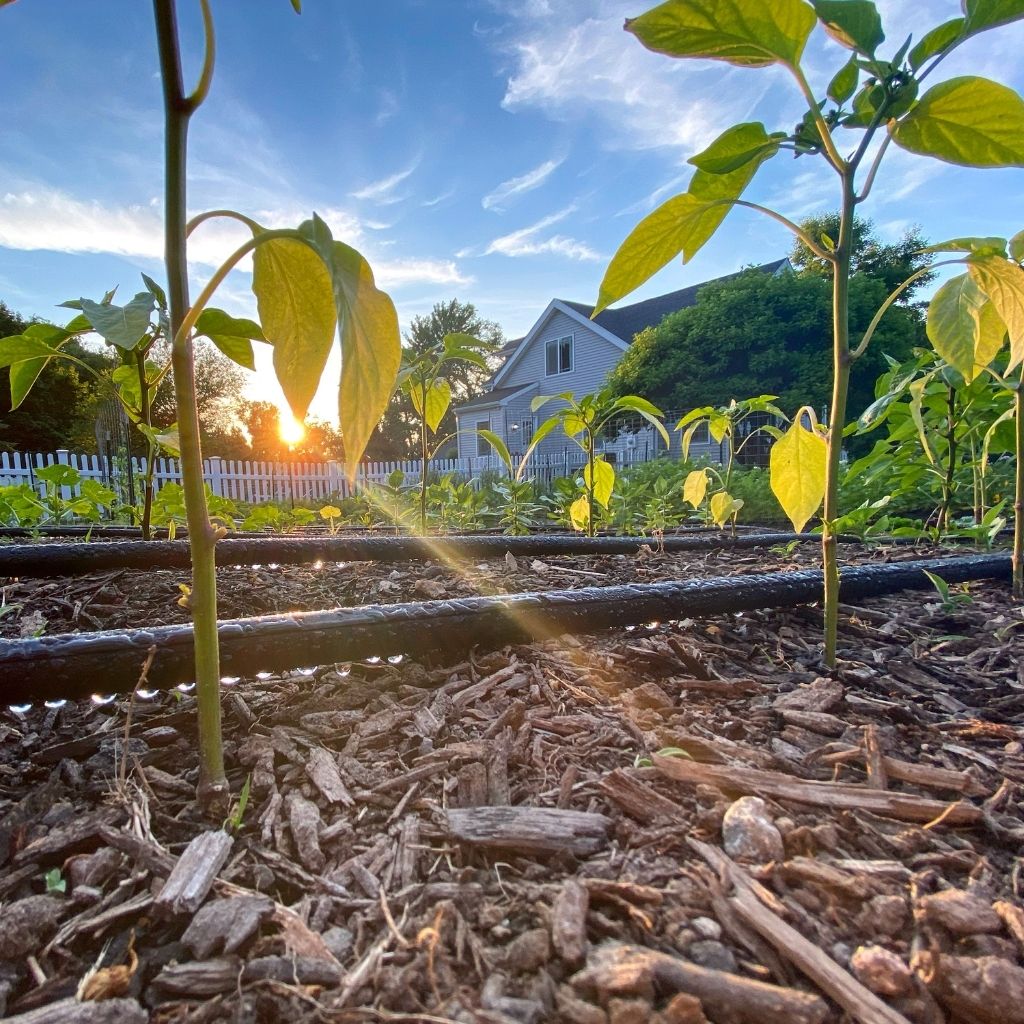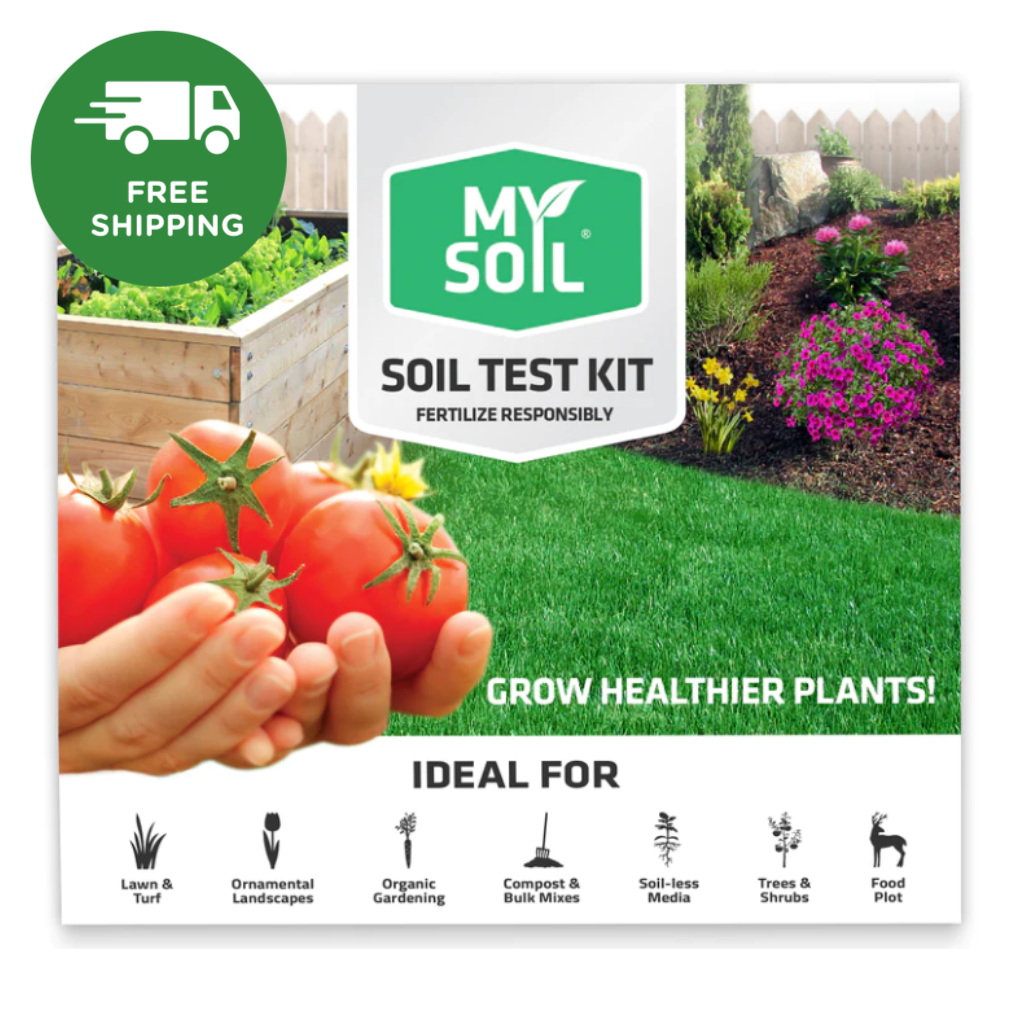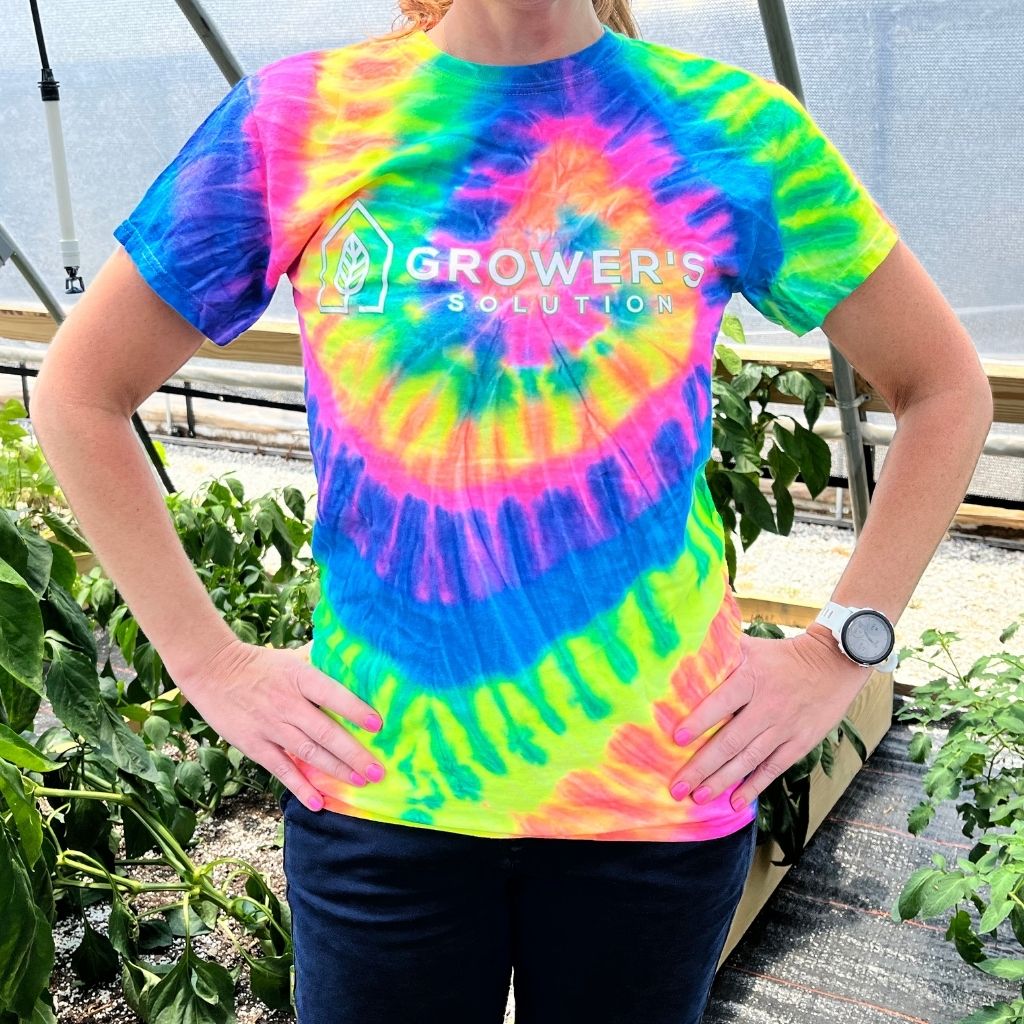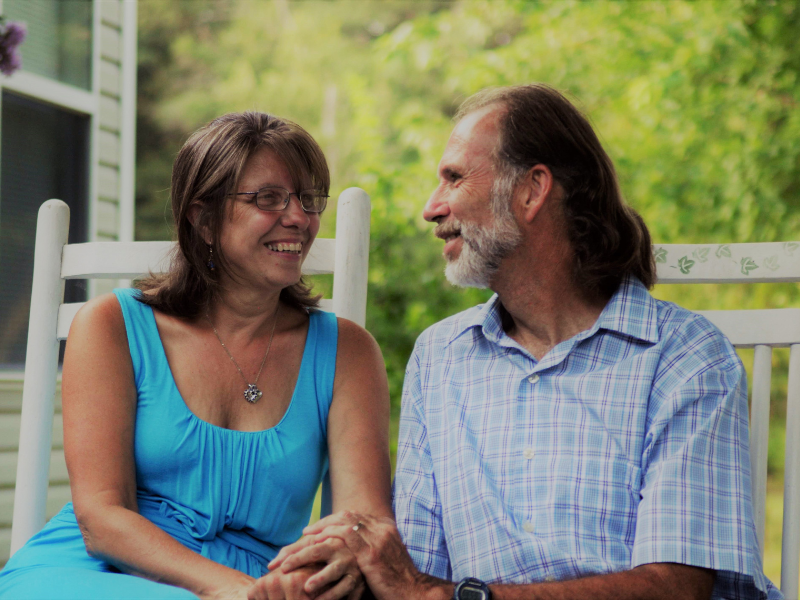Be a Friend to Pollinators
All information is provided by the USDA and Natural Resources Conservation Service

Animal pollinators are essential to reproduction for 35% of the world’s food crops, but they are disappearing. Pollinators are in trouble! Bees, bats, and other animal pollinators face many challenges in the modern world. Habitat loss, disease, parasites, and other environmental contaminants have all contributed to the decline of many species of pollinators.
Pollinators visit flowers in their search for food (nectar and pollen). During a flower visit, a pollinator may accidentally brush against the flower’s reproductive parts, unknowingly depositing pollen from a different flower.
The plant then uses the pollen to produce a fruit or seed. Many plants cannot reproduce without pollen carried to them by foraging pollinators.
Pollinators are critical to the food chain. Some scientists estimate that one out of every three bites of food we eat exists because of pollinators like bees, butterflies and moths, bats and birds, beetles and other insects.

Did You Know? A world without pollinators would be a world without apples, blueberries, strawberries, melons, peaches, pumpkins, or even chocolate! It is too horrible to contemplate.

You can help by providing food and habitat for pollinators to help them thrive:
- Use pollinator-friendly plants in your landscape. Shrubs and trees such as dogwood, blueberry, cherry, plum, willow, and poplar trees provide pollen or nectar, or both, early in spring, when food is scarce.
- Choose a mixture of plants in your garden for spring, summer, and fall. Different flower colors, shapes and scents will attract a wide variety of pollinators
- Eliminate or reduce the use of pesticides in your landscape! Incorporate plants that attract beneficial insects for pest control. (If you do intend to use pesticides, use them sparingly and responsibly.
- Accept some plant damage on plants meant to provide a hospitable habitat for butterfly and moth larvae.
- Provide clean water for pollinators with a shallow dish, bowl, or birdbath with half submerged stones for perches.


